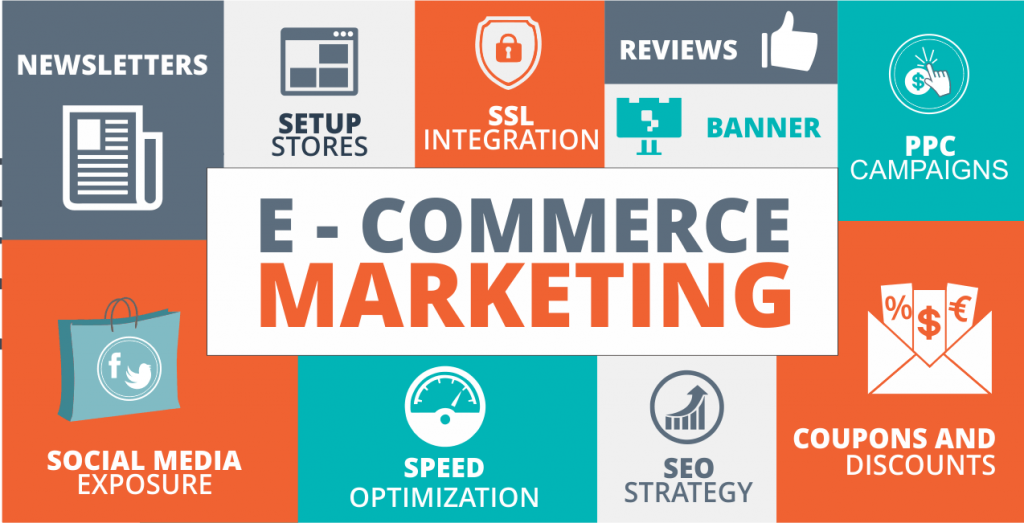The e-commerce sector has witnessed exponential growth over the past decade, driven by technological advancements and changing consumer behaviors. As we look ahead, the pace of innovation shows no signs of slowing down. To stay competitive, e-commerce brands must anticipate and adapt to the latest marketing innovations. We’ve consulted with ten digital marketing experts to share their insights on the future of e-commerce marketing.
Leveraging AI for Personalized Shopping Experiences
Kartik, the visionary behind Igbestcaptions.com and Kartikahuja.com, emphasizes the transformative role of AI in personalization. “Artificial Intelligence is set to redefine personalized shopping experiences. By analyzing individual customer data, AI can tailor product recommendations, discounts, and content to each user, significantly enhancing the customer journey and boosting sales.”
The Integration of AR/VR in Online Shopping
Sankjalp from Startupbooted.com predicts a surge in AR/VR adoption. “Augmented Reality (AR) and Virtual Reality (VR) technologies are revolutionizing the way consumers interact with products online. From virtual try-ons to immersive 3D product visualizations, AR/VR offers customers a closer look at products, bridging the gap between online and in-store shopping experiences.”
Voice Commerce: The New Frontier
Anja of Thehappytrunk.com highlights the rise of voice commerce. “As voice-activated devices become more prevalent, voice commerce is emerging as a key e-commerce trend. Brands that optimize their online stores for voice search and enable voice-activated shopping will capture this growing market segment.”
Social Commerce and Influencer Collaborations
Ishan, the creative mind behind Backtofrontshow.com, discusses the power of social commerce. “Social media platforms are increasingly becoming shopping platforms, with features like shoppable posts and live shopping events. Collaborating with influencers on these platforms can amplify brand reach and drive direct sales within the social ecosystem.”
Sustainable and Ethical E-commerce Practices
Shaurya from Attentionalways.com speaks on the importance of sustainability. “Consumers are more conscious of their environmental impact and seek brands that align with their values. E-commerce brands that adopt sustainable practices, from eco-friendly packaging to ethical sourcing, will not only appeal to this demographic but also set a new standard for the industry.”
Leveraging Blockchain for Transparency and Trust
Surya of HRfishbowl.com introduces blockchain’s potential. “Blockchain technology can offer unparalleled transparency in e-commerce transactions, from supply chain management to secure payments. Brands that leverage blockchain to demonstrate their commitment to transparency and security will build stronger trust with customers.”
The Evolution of E-commerce SEO
Isha from Blondish.net underscores the evolving SEO landscape. “SEO for e-commerce is rapidly evolving with AI and voice search. Optimizing product descriptions, leveraging structured data, and creating content that answers voice search queries are key strategies for staying visible in search engine results.”
Data-Driven Customer Insights
Vijay, the strategist at GrowthWebventures.com, emphasizes the importance of data analytics. “In the age of big data, e-commerce brands that harness customer insights through advanced analytics will gain a competitive edge. Understanding customer preferences and behaviors allows for more effective targeting and personalization.”
Micro-Moments in E-commerce Marketing
Shaurya of Samuraimarketers.com discusses the concept of micro-moments. “In today’s fast-paced digital world, capturing micro-moments—when consumers turn to their devices to act on a need—will be crucial for e-commerce brands. Optimizing for these moments requires a deep understanding of customer intent and the ability to deliver instant satisfaction.”
Conclusion
The future of e-commerce marketing is marked by rapid innovation, with technologies like AI, AR/VR, and blockchain transforming the way brands connect with consumers. As e-commerce continues to evolve, brands that stay ahead of these trends, prioritize customer experience, and embrace ethical practices will not only thrive but also shape the future of online shopping. The insights from our digital marketing experts provide a roadmap for navigating the dynamic e-commerce landscape, highlighting the need for adaptability, innovation, and a customer-centric approach.
